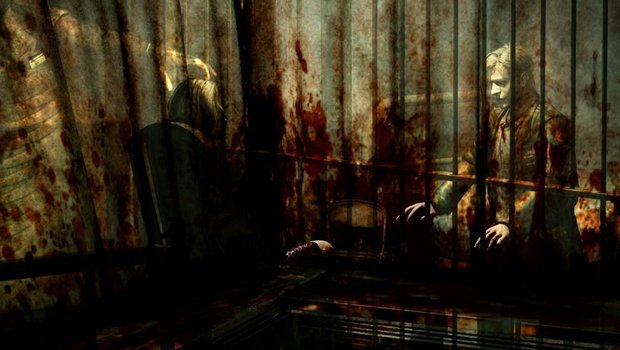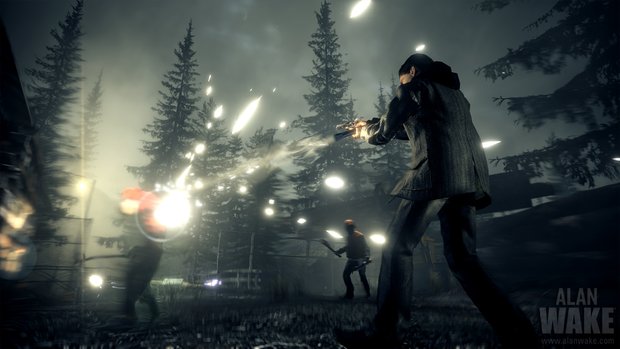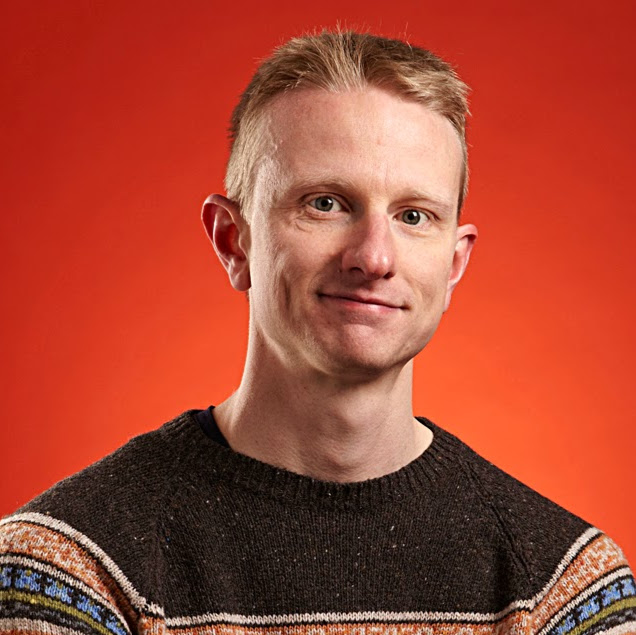Where have all the survival horror games gone?
Is The Evil Within part of a dying (horribly) breed of games?
During a ‘Making Of’ documentary for his most recent game--The Evil Within--veteran developer Shinji Mikami said a curious thing: “There aren’t any real survival horror games in the world right now”. The man who created Resident Evil 4 thinks horror games have become “all action”, and that, with his first game from his new Tango Gameworks studio, he's motivated to create a pure survival horror game. And that got us thinking. Where have all the survival horror games gone?
A large part of us agrees with Mikami--games like Dead Space 3 and Resident Evil 5 & 6 have taken the survival horror genre, loaded it up with as many guns as it can carry, and told it to start shooting. Sure the shocks and scares are still present, but much of the psychological menace has drained away from them. Quite simply, when you’ve been given enough ammo and firepower to level a small European nation, there’s little reason to run away. In fact, ask yourself this: When was the last time you ran away in a game? Not just to hide behind cover and let your shield recharge, but actually ran away because you were out-matched and terrified?
Throughout the ‘Making Of’ documentary for The Evil Within, Mikami and his team reiterate that creating a proper survival horror is incredibly tough. You need to create those moments where the last bullet really counts, where you genuinely have to choose between fight and flight… but without making the game prohibitively tough. In recent years Demon / Dark Souls is the series that has really nailed a similar kind of tension, but a survival horror game it is not.
In fact, throughout gaming history, there have been fewer true horror titles than you’d think. There’s a decent argument for a point-and-click adventure called Uninvited (1986) being the first survival horror title, but many regard Capcom’s Sweet Home (1989) as the first game in the genre that we’d recognise as ‘horror’ today. There then followed a decade of classic, chilling games like Alone in the Dark, Dark Seed, I Have No Mouth But I Must Scream, Resident Evil, and Silent Hill. You can catch all the highlights in CVG's excellent history of horror.

However, following the release of Silent Hill 2 (2001) there was a dramatic decline in true survival horror games. Ironically, the release of Resident Evil 4 (2005), all but killed the genre. Instead of following the templates of previous Resi games, number four underwent a serious redesign--at the hands of Mikami--to become more action game than horror. Since, we’ve either had action games with horror themes or pale imitations of past glories like Alone In The Dark and Silent Hill Homecoming.
Part of the reason is undoubtedly down to tech. Silent Hill 2 (a game this writer sees as the greatest survival horror ever made) enjoyed the happy coincidence that the PS2 needed to shroud the town in fog because of memory limitations, and that lower resolution textures guaranteed terrifyingly ambiguous monsters. Since the dawn of HD, there has been little reason to restrict the vision of our gaming protagonists because developers can show things off in crisp 1080p. In fact, tech allows developers to show off and that’s precisely what many have done; most opting for shock set-pieces rather than levels that create slow, deliberate dread. Even Alan Wake, which gave us some creepy forest environments and ghostly town-settings, couldn't resist the opportunity to show off via strange set-pieces like its 'rock concert'.

Marketing is another reason why--on console at least--horror has fallen from favour. It’s tough to demonstrate how terrifying a game is in a 20 second TV commercial, or even a three-minute demo at E3. You’ll never wrestle attention away from Nathan Drake blowing up half of Shambala with a dark room that may--or may not--have something sinister crawling across it. And as for a protagonist who has murdered his wife and made demons manifest through his sexual frustrations and desires? If James Sunderland and the rest of Silent Hill 2 was pitched to a board now, it’d be laughed out of the office.
Weekly digests, tales from the communities you love, and more



